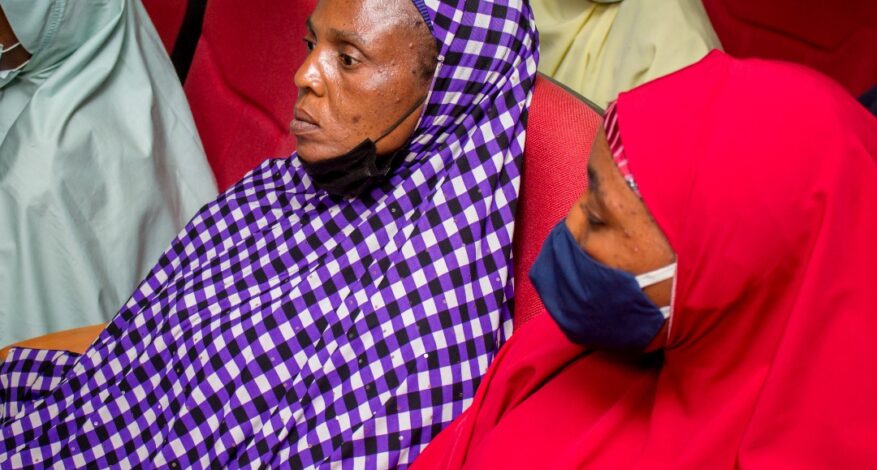Her Mental Health Matters
So many of us have spent decades waging long and lonely battles to be heard. Instead, it’s about elevating that conversation to the national, state, and grassroot levels and bringing mental illness and depression out of the shadows.
We want to let people living with mental illness know that they are not alone, we are making sure that we are committed to our women’s mental health and general wellbeing, I know struggling with mental health issues can be isolating and I think everybody here who has experienced the issue in one way or the other understands that. It begins to feel as if you are alone but you may not feel up to opening up about your plights and challenges because you are unsure who to talk to.
The truth is given any year, research has shown one in five women experience mental health issues. They suffer from things like depression or anxiety, schizophrenia or PTSD. Young people are affected at a similar rate. So, we all know a friend, neighbour, family member who has struggled or will struggle with mental health issues at some point in their lives, personally I have seen people I love battle with depression over the years. And often times those who speak out and seek treatment often go on to lead happy, healthy and productive lives.
We know recovery is possible, we know help is available and yet as a society, we often think about mental health differently than other forms of health, you see our commercials, T.V parade physical health issues and yet whisper about mental health issues and avoid asking too many questions, meanwhile people are losing their lives silently without seeking help.
As women there is a lot of pressure from society, motherhood, finances, relationships and at times we can be weighed down by these burdens. There are some tragedies that we have power to prevent and I want to be absolutely clear; not all women who suffer from mental health issues are violent. A lot of women are with no diagnosable mental health issues, but we know that most suicides every year involve someone with mental health or substance abuse disorder.
We can do something about stories like these. In many cases treatment is available and effective. We can help people who suffer from these mental health issues by giving them a new sense of hope, but requires all of us to act and there are few ways we can do our part.
I want to challenge us to take out some pain when we recognize these people, give them a sense of belonging and help them to continue to be great colleagues, great friends and people we love.
The good news is, there are plenty of people like myself, my colleagues and many organizations like ours who are stepping up to change the narrative of mental health in Nigeria. For years now our mental system has struggled to serve people who depend on it; for many people who suffer from mental illness, recovery can be very challenging.
But today I want to urge all of us to be a voice for our mental health because this will give many of our friends and loved ones’ strength when they know they are not alone.

